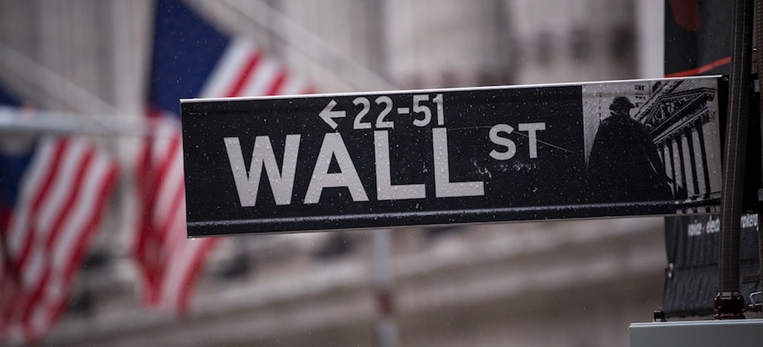A comparison between trading CFDs in the forex and stock market

Leaving money in the bank does you little good.
In many of the major economies, interest paid on savings is less than the rate
of inflation. As a natural result, people are searching for better alternatives
to invest their money into. Two of the largest markets people are investing
their money is the Forex and the Stocks market.
But which is better?
Well we can't really tell, can we?
It all depends on several factors, such as risk tolerance, account size,
convenience, strategies and of course the goals of the person. If for example
if you're an active trader but not available during market hours to manage your
trades, then most likely the stocks market may not the best option for you.
However, if your strategy is to buy and hold for the long term, and generate more
income and growth with patience, then you may consider stock trading.
Still, Forex Vs Stock Trading is not that
simple! Knowing the differences and similarities between the two markets, will
enable you to make decisions on which market to trade, based on factors such as
market conditions, liquidity and volume.
Let's analyse these (and some more) factors in
more detail, shall we?
But first let's have a quick vocabulary lesson!
The Forex market is a
representation of a trading network that involves large several local offices
or authorities, such as investment banks, central banks, hedge funds, and
commercial companies that deal with the selling and exchanging currencies. Some of the major currency
pairs in the FX markets are: EUR/USD, USD/JPY, GBP/USD and AUD/USD.
The stock market on the
other hand refers to the transaction of buying and selling shares or stocks of
a given company, which typically represent some sort of ownership claims on the
business.
One of the major
differences between the two markets is the size of each market. To be more
specific, Forex is estimated to trade around $5trn a day, focusing on the
aforementioned currency pairs. Having a large volume on the market you're
trading in traders you can execute your orders more easily and closer to the
prices you want.
This brings us to the second factor. Trading in high volume means having high
liquidity, which then brings tighter spreads and lower transaction costs.
Major currency pairs have relatively low spreads and transaction costs compared
to Stocks (1 point for the forex market!), allowing traders to enter and exit
the market more easily. This is due to the large number of people trading that
time. Large, popular stocks, like Apple and Amazon can also be very liquid, but
still this does not give any points to the Stocks Market.
Another factor to base your
decision is the time that each Market operates in.
Overall, trading is available all around the world according to each country's
business hours and trading sessions. Forex trading is available 24/5 with no
central location; therefore, people can trade anytime, anywhere. The Stocks
Market on the other hand, trades at different times and is affected by
different variables, thus traders must keep up with the hours of the market.
Meaning, they have to be present during pre-market, and after-market trading
hours.So, as you have guessed it,
another point goes to the Forex Market...again!
Moving on, the majority of
Forex brokers charge zero commission. Instead, their margin comes from the
difference between the buy price and the sell price. However, when trading
stocks, you have to pay the spread as well as a commission to a broker. Another
point in favour of the Forex Market is the leverage offered by the brokers.
When you're trading whilst having leverage you can potentially earn a larger
profit in Forex rather than when trading stocks.Bear in mind though that when you earn big you may also lose big... this
is when Forex Trading becomes trickier and riskier than Stocks Trading. On the
contrary, Stock Trading without leverage you're able to open a larger
position for a given cash deposit (if you can afford it!). Therefore, in this
case we can give a point to both Markets.
In addition, when trading in the Forex Market,
you're most likely to trade with the major currencies (mentioned earlier),
whereas in the Stock Market, you'll find yourself in a big dilemma on which
stocks to trade and therefore ending to trade with much more than expected! See
here what I'm doing? Just telling you to keep your eye and focus on a few
trades rather than loads! Besides, you're able to monitor the Forex Market
easily through the Economic Calendar on the Platform you're trading!
Last but not least, regardless of whether you decide to go long or short,
there're still potential trading opportunities in the Forex Market, whatever
way the market is moving, as there's no bias to the market, in comparison to
the Stocks Market.
So, have you lost track on counting the points
for each market?
Well, not quite as I believe we have a clear winner here.
Nevertheless, whatever decision you choose, you should always take into account
not just the benefit but also the risk factors and then... Trade CFDs wisely.
For now, why don't you Sign Up for a Free Demo Account and enjoy $100,000 in
virtual funds, before Live Trading?
This article was submitted by ForexTB.




